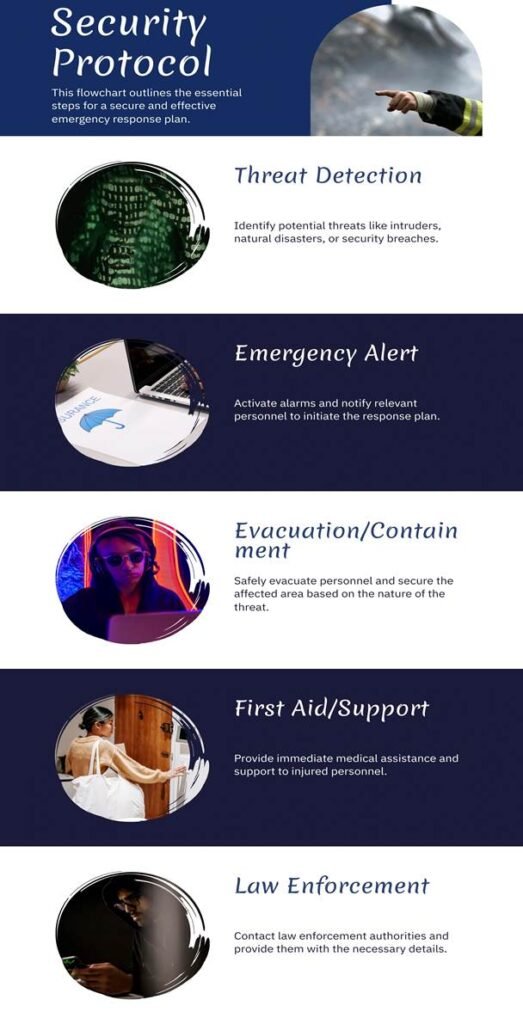In today’s digital age, protecting patient information isn’t just about locking filing cabinets anymore. As healthcare practices increasingly move online, understanding and implementing robust digital security measures has become as crucial as maintaining medical standards. Let’s explore how to keep your practice’s digital presence both efficient and secure.
Understanding the Digital Security Landscape
The healthcare sector faces unique challenges when it comes to cybersecurity. With sensitive patient data, financial information, and operational systems all interconnected, medical practices need comprehensive protection strategies that don’t compromise efficiency.
Essential Security Components
The foundation of digital security in healthcare requires multiple layers of protection. Think of it as building a fortress around your practice’s digital assets. Here’s what you need to consider:
Data Protection Fundamentals
In today’s connected healthcare environment, protecting patient data requires more than just basic password protection. Modern security measures should include:
- End-to-end encryption for all patient communications
- Multi-factor authentication for system access
- Regular security audits and updates
- Secure backup systems
- Comprehensive access controls
Maintaining robust digital security while ensuring smooth practice operations can be challenging. Here at Emedsec, you’ll find comprehensive solutions that align with the highest security standards while keeping your practice running efficiently.

Staff Training and Compliance
Your team plays a crucial role in maintaining digital security. Regular training and clear protocols help create a culture of security awareness. Consider implementing:
- Regular security awareness training
- Clear protocols for data handling
- Incident response procedures
- Password management policies
- Mobile device guidelines
Remote Work Security
With the rise of virtual medical secretaries and remote staff, ensuring secure remote access has become essential. Key considerations include:
Secure Remote Access
Remote work shouldn’t mean compromised security. Implement:
- Virtual Private Networks (VPNs)
- Secure cloud storage solutions
- Remote desktop protocols
- Device management policies
- Regular security checks
Patient Portal Security
Patient portals offer convenience but require robust protection. Focus on:
- Secure login systems
- Data encryption
- Access monitoring
- Regular security updates
- Patient education resources

Electronic Health Records (EHR) Protection
Your EHR system needs particular attention:
- Regular system updates
- Access level management
- Audit trail monitoring
- Backup protocols
- Integration security
Social Media and Marketing Security
As practices expand their online presence, maintaining security across all platforms becomes crucial:
- Secure social media management
- Protected scheduling systems
- Marketing data protection
- Website security
- Communication encryption
Emergency Response Planning
Having a plan for security incidents is crucial:
- Incident response procedures
- Data backup systems
- Communication protocols
- Recovery strategies
- Legal compliance steps
Future-Proofing Your Practice
Stay ahead of security threats by:
- Monitoring emerging threats
- Updating security protocols
- Implementing new technologies
- Regular system assessments
- Continuous improvement
Comprehensive digital security with expert practice management solutions is available for you at Emedsec, and you’re just one call away from experiencing the excellence. Our team ensures your practice’s digital presence remains secure while maintaining operational efficiency.
